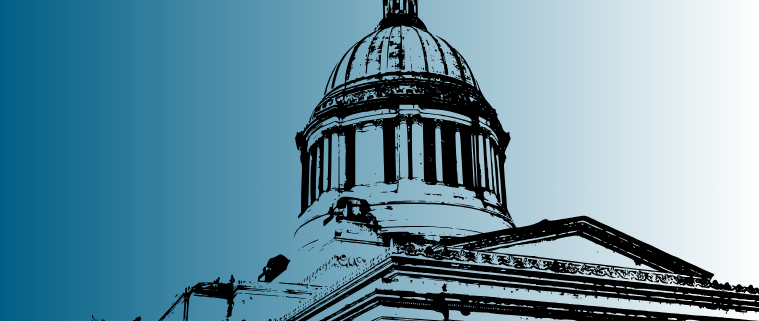Welcome to the 2025 Legislative Session!
Welcome to the 2025 Legislative Session!
Our first live Advocacy Day since the pandemic took place on Wednesday, the 15th. We were thrilled to see 90 advocates in person and 30 more joining us online! It was wonderful to see your enthusiasm and commitment to advocacy.
The day was filled with excitement, including the inauguration of our new Governor, Bob Ferguson. In his inaugural speech, Governor Ferguson outlined his key priorities: providing free school breakfasts and lunches for all public school students, increasing law enforcement presence, protecting reproductive freedom, and expanding housing opportunities. He also emphasized the importance of bipartisanship and collaboration, earning a standing ovation. We hope this is a positive sign for the days ahead.
The inaugural gala was a night of celebration that shined, sparkled, and rock & rolled. Now that all new legislators have been sworn in, it’s time to get down to the business of lawmaking and budget planning.
Advocacy and Budget Challenges
With a new governor, staff, and legislators, there will be a learning curve on developmental disabilities (DD) issues. If you have a new legislator representing your district, take the opportunity to introduce yourself and share your story—early impressions tend to stick with them.
The state faces a projected $12-14 billion deficit over the next four years. The causes of this deficit vary depending on perspective, but key factors include increased caseloads, new programming that was started with pandemic-era federal funding and inflation. This leaves the legislature with two primary options: cutting services or raising revenue—both of which are unpopular. Agencies have already been instructed to freeze hiring, limit travel, and restrict equipment purchases. Unfortunately, the annual DD Community Summit has been canceled due to budget constraints. Advocacy will be essential to protect our vital services.
Given these financial limitations, new programs requiring significant funding are unlikely to be approved. Instead, policy bills with minimal or no fiscal impact have a better chance of progressing.
Proposed Institutional Closures
In response to the budget deficit, Governor Inslee has put forward a bold proposal to close Yakima Village School and Rainier School. Rainier is a Residential Habilitation Center (RHC), while Yakima Village provides nursing care for individuals with intellectual and developmental disabilities (I/DD). 18 other states have closed all their institutions entirely, while Washington still retains 4. Currently, 10% of the Developmental Disabilities Administration (DDA) budget serves those in RHCs, despite them making up less than 1% of DD clients.
Legislation has been introduced in both chambers to support these closures:
It is critical that with the closure of RHCs, adequate investment in Community Services must be made to ensure a smooth transition to the community. In particular Supported Living needs rate increases so they are prepared to receive new residents.
Key Legislative Bills to Watch
- HB 1130– Prioritizes individuals for DDA waivers when availability is limited, particularly those aged 45 and older, addressing the need for aging parents to secure long-term supports for their children.
- HB 1200 & SB 5211– Allows parents of minor children with high support needs (E and High B categories) to be paid care providers.
- HB 1344– Expands access to respite care by adding it as a service under the Basic Plus Aggregate services.
Several important education funding bills aim to increase special education funding by raising the cap, adjusting multipliers, and enhancing inclusive education. You can track all the bills we are following here: Bill and Budget Tracker
Get Involved!
There are many ways you can participate in advocacy efforts:
- Watch for The Arc’s Action Alerts to stay informed about critical legislative developments.
- Visit our new “Tools You Can Use” page for advocacy tips, including a video guide on how to track bills and sign up to testify.
- Join our Wednesday Virtual Advocacy Days throughout the session. You can register here.
If you missed our “Medicaid Matters” town hall, you can view the recording here.
Thank you for your commitment to advocacy. Your voice matters, and together, we can make a difference!
Cathy Murahashi






